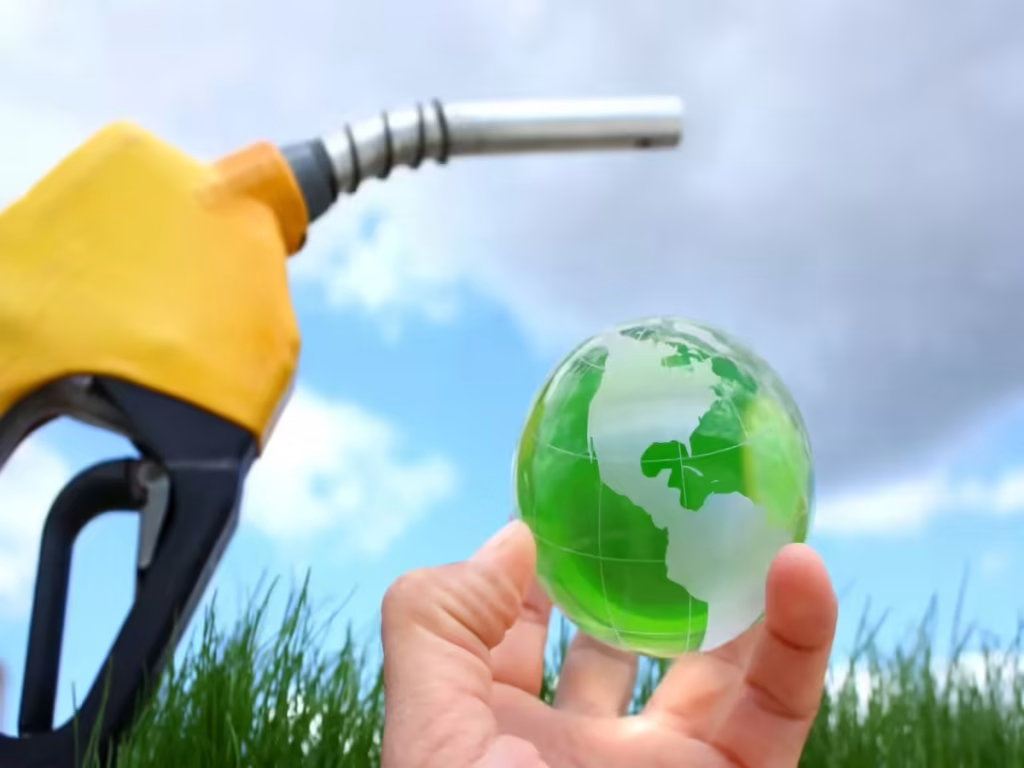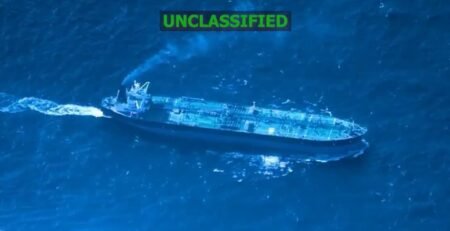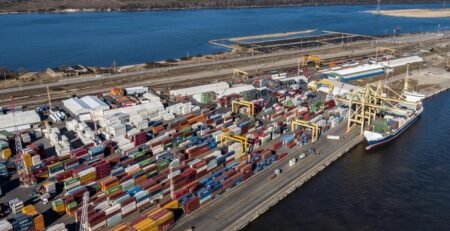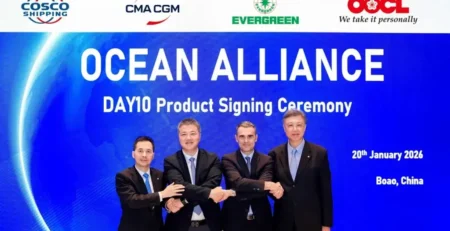Indonesia’s B50 Fuel Test Brings Hope—and a Dose of Caution

The smell of palm oil may soon mix with diesel fumes on Indonesia’s roads.
Next month, the government will start testing B50 biodiesel, a blend made of half palm oil, in trucks and heavy equipment. It’s the next step in a long campaign to replace imported fuel with something grown at home.
Officials at the Ministry of Energy say the first phase will take place in Java and Sumatra. The focus: long-haul trucks that run every day between factories, ports, and warehouses. If those trials go smoothly, the same fuel will be used on trains, coastal vessels, and industrial engines by the middle of next year.
“It’s not just about energy,” one engineer at the Bandung research center said quietly. “It’s about pride. We want to show that palm oil can move the country.”
Indonesia already uses B35, a blend of 35 % bio-content. That policy has cut diesel imports by nearly 9 % in two years and saved billions of dollars. Moving to B50 is much harder: engines need new filters, refineries must be upgraded, and the fuel must stay stable in the tropical heat.
Economists think the plan could trim diesel imports another ten percent if it works. But they warn of possible side effects — higher palm-oil prices, tighter supply for the food industry, and more pressure on small farmers to expand plantations. Environmental groups have also asked the government to ensure that no new forest is cleared for biofuel feedstock.
Inside the logistics industry, reactions are mixed. Fleet managers welcome cheaper domestic fuel, but mechanics worry about wear and tear. Some shipping firms along the Makassar Strait plan their own tests to see how engines respond on longer routes.
Still, optimism runs high. “If anyone can make it work, it’s Indonesia,” said a transport operator from Surabaya. “We have the palm oil, we have the people, and we’ve done harder things before.”
For now, the government is taking it step by step. The first engines will start running on B50 in December. Results from those tests will decide whether Indonesia can move toward full adoption in 2026—or slow down if the mix proves too ambitious.
Either way, the direction is clear: Indonesia wants to drive with its own fuel.
The post Indonesia’s B50 Fuel Test Brings Hope—and a Dose of Caution appeared first on The Logistic News.
Share this post
Related
Posts
The United States seizes a 7th tanker: pressure mounts on sanctioned ships
New episode in the maritime tug-of-war over sanctions: the United States has seized a seventh tanker suspected of operating in...
China replaces US barrels with Canada: new impact on tanker routes
The geography of oil is shifting, and shipping feels it immediately. According to analyzes reported by BIMCO, Chinese crude oil...
The Port of Klaipėda Signs a Record Year Driven by Containers, LNG, and Ro-Ro
The Lithuanian port of Klaipėda announces a historic performance in 2025: 39 million tons handled, despite a tense geopolitical context...
Ocean Alliance maintains the detour via the Cape, while preparing a “Suez plan”
The Ocean Alliance (CMA CGM, COSCO Shipping, Evergreen, and OOCL) has just unveiled its “Day 10” East-West network, which will...




